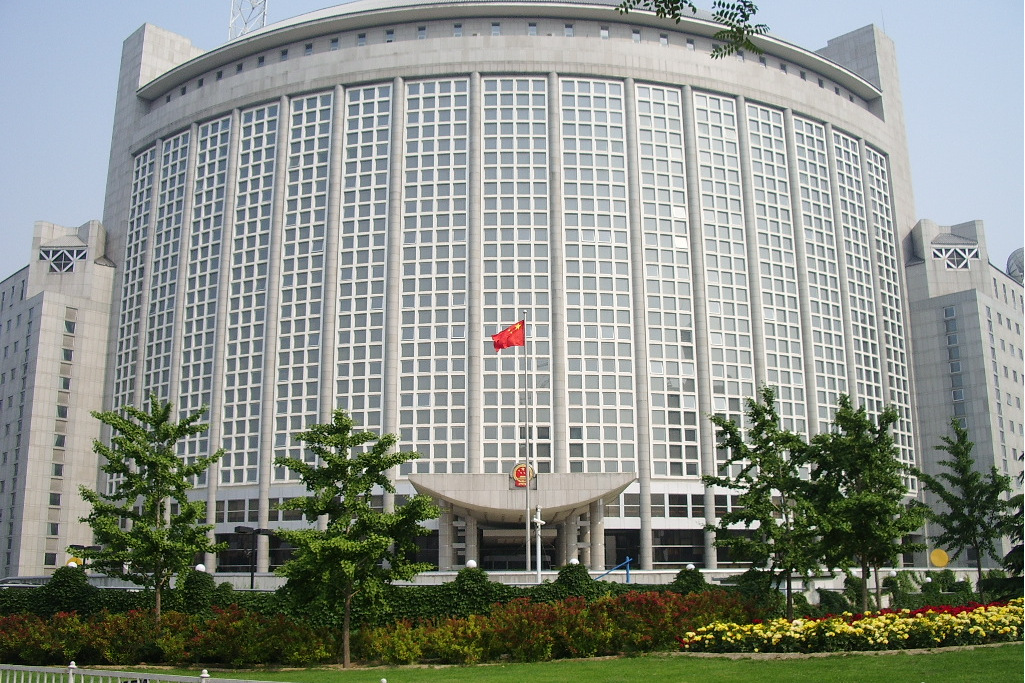Foreign Judgments in Mozambique through the Lens of the Enforcement of a Chinese Judgment: Liberal Practice in the Shadow of Statutory Rigidity
In April 2025, the Mozambican Supreme Court ruled to recognize and enforce a Chinese monetary judgment of the Primary People’s Court of Nanhai District, Foshan, Guangdong Province (Han Boajun v. Minguei He (Case No. 75/2024-C)). This marks the first reported case where a PRC judgment was enforced in Mozambique.






























